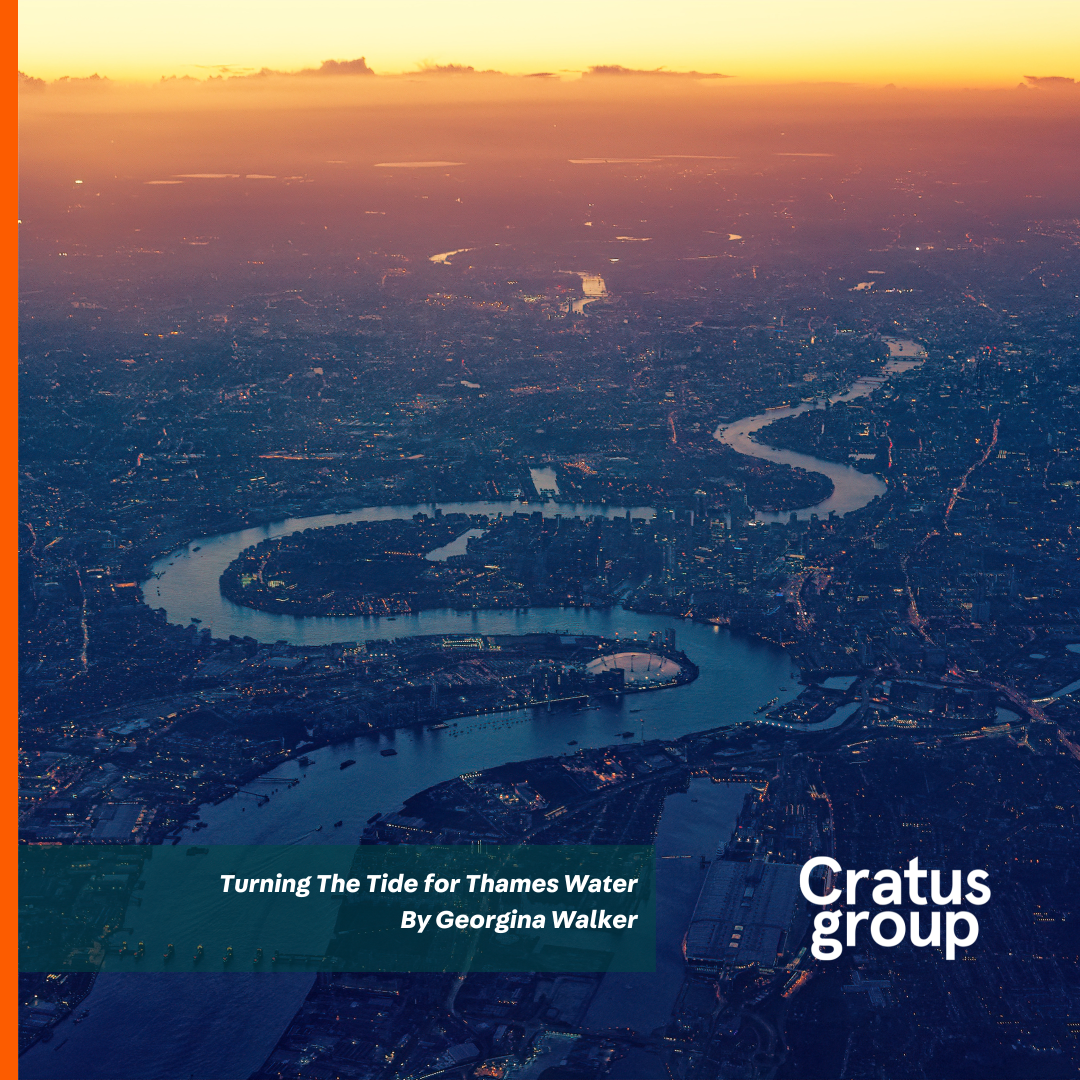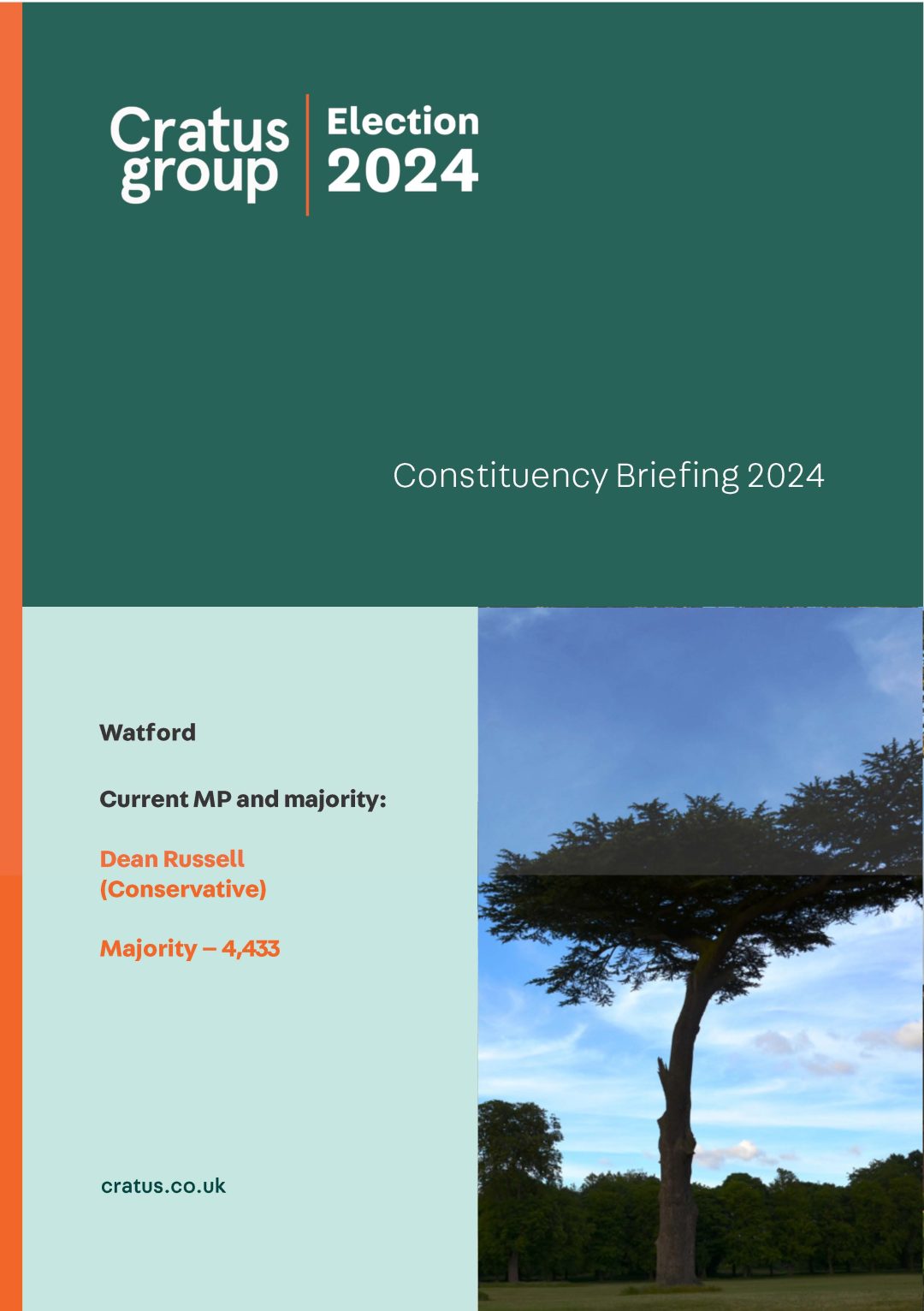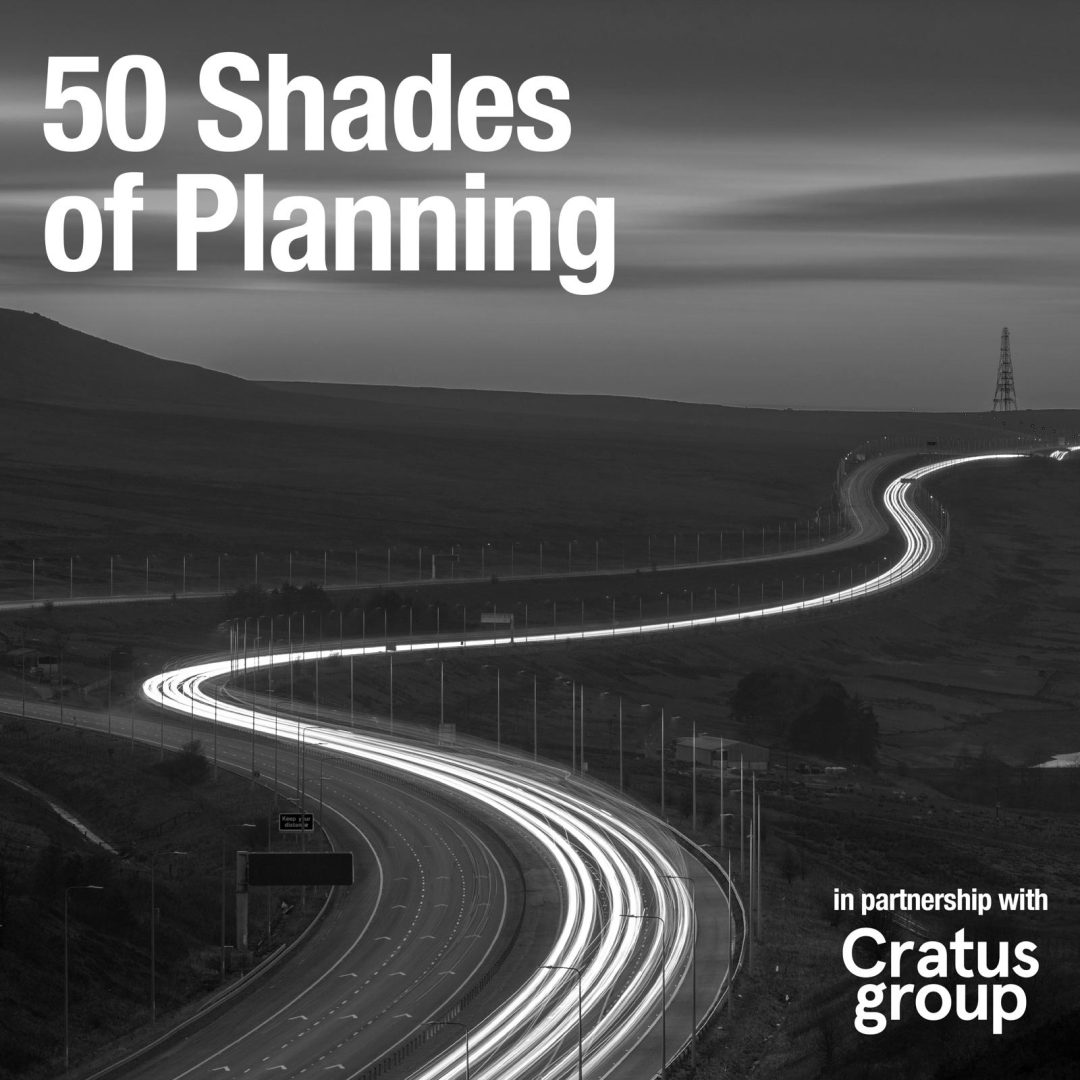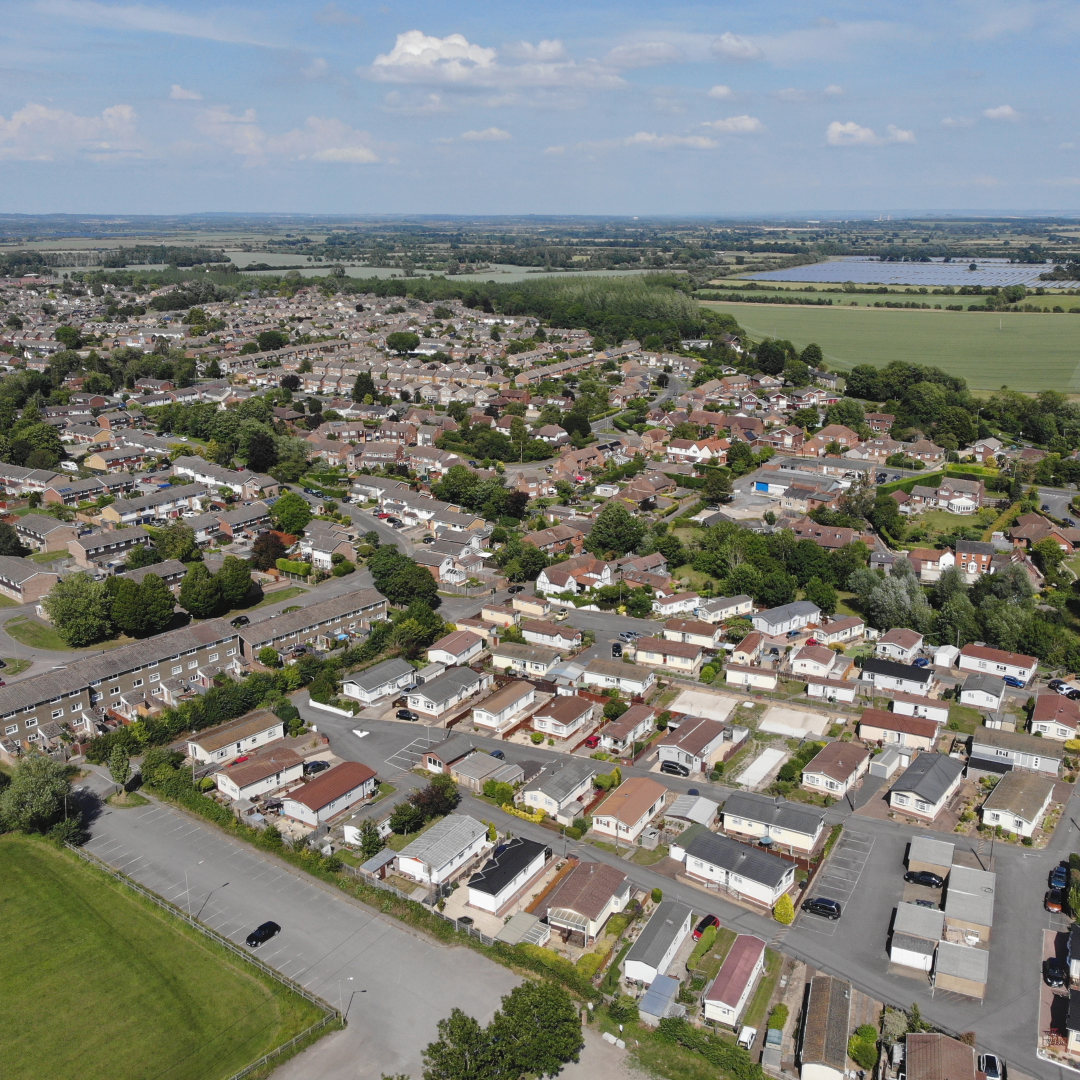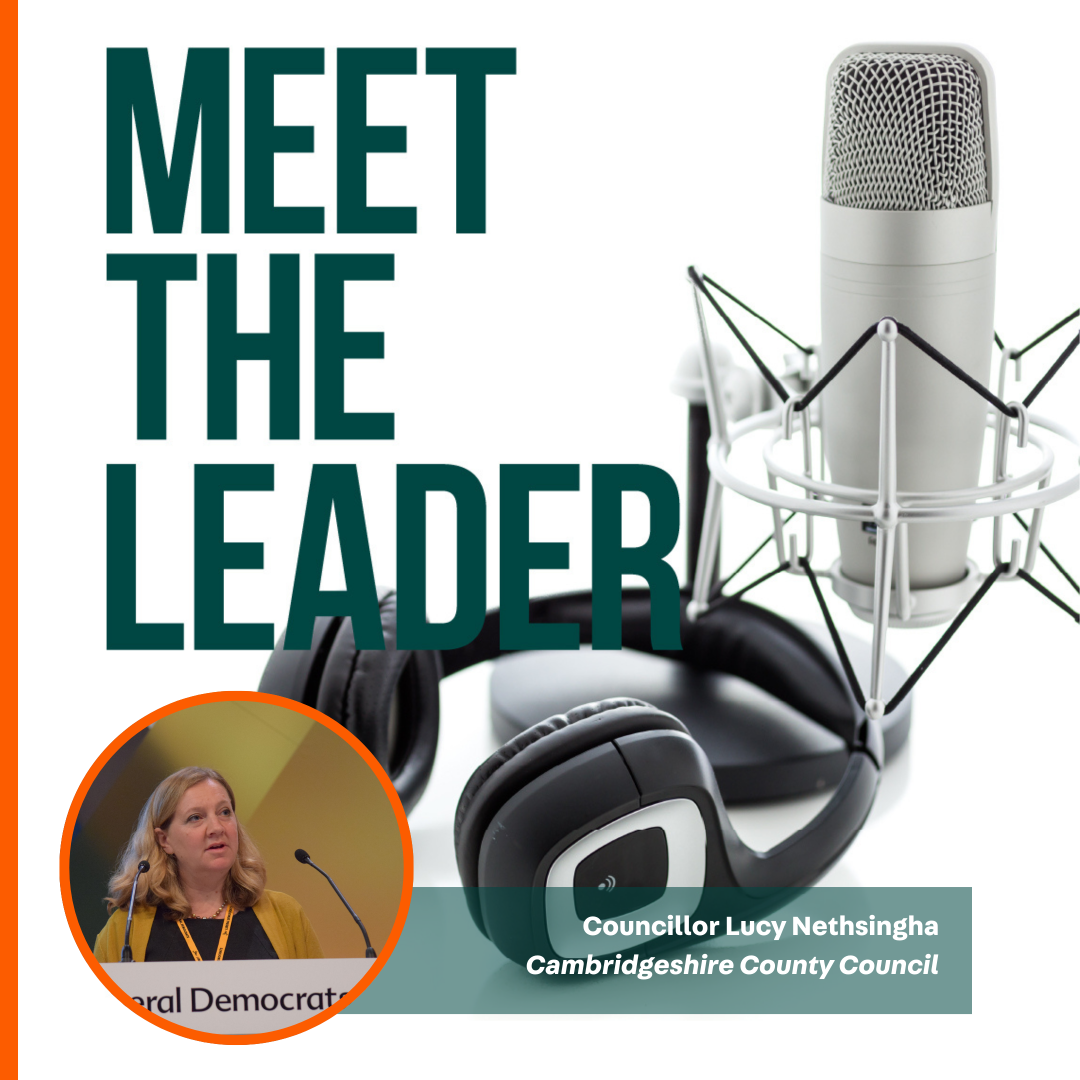South West Election Results: a tale of three cities, and of Conservative gains
By Helen Tilton, Associate
Cheltenham – Lib Dem – hold
Gloucester City – Conservative – gain from NOC
Stroud – NOC – no change
Gloucestershire – Conservative – hold
Bristol – NOC – no change
Swindon – Conservative – hold
Wiltshire – Conservative – hold
Devon – Conservative – hold
Cornwall – Conservative – gain from NOC
Exeter – Labour – hold
Plymouth – Labour lose to NOC
Labour hold? A tale of three cities
Of the South West university cities, it was Exeter where Labour managed to retain control and increase its majority. Leader of Exeter City Council, Phil Bialyk, indicated that political trust, and investment in interesting projects, and job creation, has had some bearing on the outcome, citing the imminent opening of the new St. Sidwell’s Point leisure complex as one example. Of the 14 seats contested (a third) Labour secured 11, meaning they control 28 of the 39 seats.
Further south, it was a very different story. In Plymouth the Conservatives saw significant holds and gains meaning Labour lost overall control of the Council (No Overall Control (NOC)). A third of seats, 19 of 57, were up for election this year; nine of those have been gained by the Conservatives and five held. With Labours’ 24 seats in total to the Conservatives’ 25, both are likely to be looking to the Independents for support. This is an ongoing battle for the soul of the port city and the pendulum has swung in both directions in recent years.
Some of the most exciting events, however, occurred right in the centre of the South West region in the core city of Bristol – and in the West of England Combined Authority (WECA), where Labour achieved not-unexpected success, but under clear pressure from an ongoing swell of support for the Greens.
The new Labour WECA Mayor, Dan Norris, achieved 125,482 votes (59.5% vote share) with a significant boost from 2nd preference votes, comfortably beating Conservative businessman Samuel Williams. Although he has spent some time away from politics, Norris is an experienced former MP and Environment Minister. It is anticipated that he will work efficiently across Bath & North East Somerset and South Gloucestershire, and enable intra-party working in Bristol City – although based on a recent interview with Points West, there may be differences of opinion to resolve around investment in a mass transit solution for the city. Norris has promised to focus on skills and green jobs growth. He has also stated he will call Government to account, indicating there will be repercussions if the region is not taken seriously – an “iron fist in a velvet glove”.
Labour also achieved success for the role of Bristol Mayor, where Marvin Rees has been re-elected for the remainder of the term (3 years) with 56.5% of the vote. Green candidate, Sandy Hore-Ruthven, nevertheless made more headway than some might have anticipated and took a higher proportion of the second preference votes. Bristol City, however, remains in No Overall Control (and it is worth remembering that the NOC position was a result of changes within Labour in recent months). This election saw notable losses for Labour and significant gains for the Greens in central and north Bristol, with Labour and Green now holding 24 seats each; a combined total of 69% of the overall total of 70 seats.
Cabinet Member Councillor Kye Dudd narrowly lost his seat by 14 votes, meaning Central Ward will now be led by Councillor Farah Hussain, Labour, and Councillor Ani Stafford-Townsend, Green. Relatively newly appointed Cabinet Member Afzal Shah lost his Easton seat, but Councillor Nicola Beech, current Cabinet Member for Spatial Planning, City Design and Strategic Flood Risk, retained her seat for St. George Central.
Thoughtful leadership by Marvin Rees will be needed to ensure that the most is made of shared political priorities. It will be interesting to see whether the Greens choose to align themselves in that regard, or deliberately take a step back.
Broader Conservative strength
Outside the cities, the Conservatives achieved a great set of results in most of the rest of the South West.
The Conservatives have controlled Devon County since 2009 and so their latest win cements an ongoing position – it was Cornwall that was the stand-out success. No party has had overall control of Cornwall Council since its creation in 2009, but this election saw significant losses for the traditionally strong Lib Dems and Independents, and a gain of 19 seats for the Conservatives. The Conservative Group Leader, Linda Taylor, has taken on the role as Leader of the Council after no-one stood against her for the post, with her first priorities being adult social care and housing.
Gloucester City also saw the Conservatives gaining control of the Council (previously NOC). Paul James, former Conservative leader of Gloucester City Council, commented on this pivotal change as spanning an entire generation, with 26 Conservatives, 10 Lib Dem and three Labour being “almost the opposite of when I was first elected 25 years ago”.
Gloucestershire County saw no change to political control overall (Conservative hold) and, with 28 seats, the Conservatives hold the same number of seats as before, but there have been some important local wins. Council Leader, Mark Hawthorne, commented in a post-result interview that 2017 had been considered something of a ‘high watermark’ but that expectations had been exceeded this time around in the sense that the Conservatives had made gains in locations never previously held by them.
Elsewhere in the County, Stroud District remains under NOC but the Conservatives hold the most seats (20 seats). Stroud is one to watch in terms of future Green gains – they gained five seats, bringing their total to 13 seats, just behind Labour’s total of 15. Further north, in one of the few notable Liberal Democrat success stories in the South West, Cheltenham remains in Lib Dem control.
The Conservatives comfortably held Wiltshire Council despite the Lib Dems making good gains. There will, however, be a change of leadership; Councillor Philip Whitehead confirmed immediately prior to the election that he won’t be seeking or accepting a nomination for leader at the Group meeting, preferring to see someone else run a full term. Finally, last but by no means least, in neighbouring Swindon where a third of seats (20 seats) were up for grabs and where just small losses could have resulted in NOC, the Conservatives retained control with a total of 36 seats, and with some traditional Labour seats turning blue.
Police & Crime Commissioner results are not referenced in this article.

